Mark Winges (1951 - )
Where do we want to live? Where everything is music. (1)
Mark Winges is one of today’s composers who probe music’s boundaries. If necessary, they take commercialization on the chin to create music that escapes convention and resonates with adventure.
Winges studied with three composers who were pivotal in his musical career: Ellsworth Milburn, member of the 1960s improvisational troupe called Committee, and professor of composition and theory at Houston's Rice University; Henry Onderdonk, professor of classical and contemporary music at San Francisco State University; and Arne Millnäs, professor of music theory at Musikhögskolan in Stockholm, Sweden - all of whom compose music that is performed today.
In speaking about his composition, Winges said, "As with many of my pieces, pax penetralis (peace passing through) starts with a particular, although rather abstract, sound — in this case, the sound of the chorus and strings. As I begin any piece, I always ask myself, What kind of sound-world does this group of musicians inhabit? Sometimes I start with a shape, or a gesture (rising, falling), or a dramatic progression, or even a literary or visual idea, and then that starting point works its way into sound. . Both the sound of the ensemble and the text influence musical gestures and shapes."(2) pax penetralis uses text from sources spanning 22 centuries, chosen to express insights that lead to an inner peace with the potential to transform us and pass through us into the world.
When 9th century Chinese Zen master Layman P'ang reached middle age, he gave his house away for use as a Buddhist temple and sank all of his substantial wealth in a nearby lake. His two lines that open pax penetralis reflect part of his philosophy: to understand and to embrace the mind as it actually is, not to suffer the corroding effects of discontent.
Rumi (Jalal ad-Din Muhammad Balkhi) is a widely read and translated13th century poet and theologian from Persia (present-day Iran). His followers are known as the Whirling Dervishes who practice mysticism through dance. The journey of spirit through music, dance, and poetry, according to Rumi, finds purpose in love and service to all of creation. In the words of his poem, "Where Everything is Music," musical forms disintegrate and regenerate in new ways.
The anonymous Navaho song expresses reverent intimacy with nature, respect for all life, and appreciation of divine mystery. The Navaho triad of reverence, respect, and appreciation entwines and grows within the heart like Rumi's "slow and powerful root that we can't see." The process takes on a mystical quality with the repetitious, murmurring choral effect.
I Ching, also known as the Book of Changes, first took recorded form in the 2nd century BC, over 2,200 years ago. Its philosophy of dynamic balance between opposites promotes acceptance of change as inevitable. If trying to control change by holding onto static views only shortchanges our humanity, what reason can remain to use an army, as the poem "T'ai — Peace" suggests.
Although the texts are quoted in your program as discrete entities, in pax penetralis Winges often interweaves lines of one poet with lines from another. This effect subtly highlights associations between ages and cultures that have probed the meaning of inner peace. We sense that peace is always on the horizon and deep within us - a fluent continuum, not a static dream.
— Carol Talbeck
Carol Talbeck was born and raised in the Pacific Northwest countryside of small farms and evergreen woodlands. She has held many jobs - mother of three, health foods worker, ESL and English tutor, and technical writer and manager in high-tech. She re-entered college in midlife and completed a master's degree in literature. During the past few decades, she has pursued creative writing - poetry, short stories and, most recently, historical fiction. She has been writing program notes for the chorus for several years.
- Mark Winges at the August 28, 2007, San Francisco Choral Society rehearsal.
- From a September, 2007, interview of Winges by chorus newsletter editor O'Brien Young.
© Copyright 1998-2024 San Francisco Choral Society

